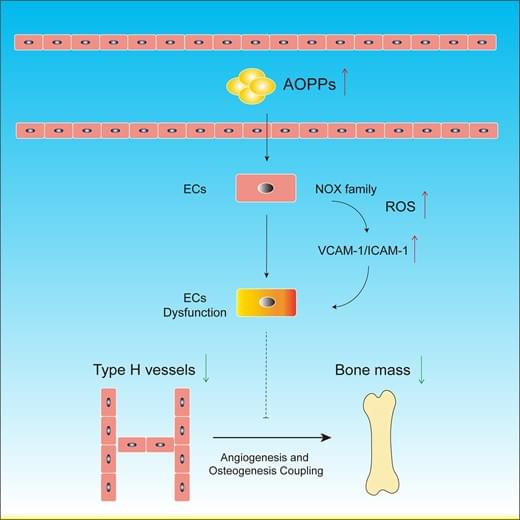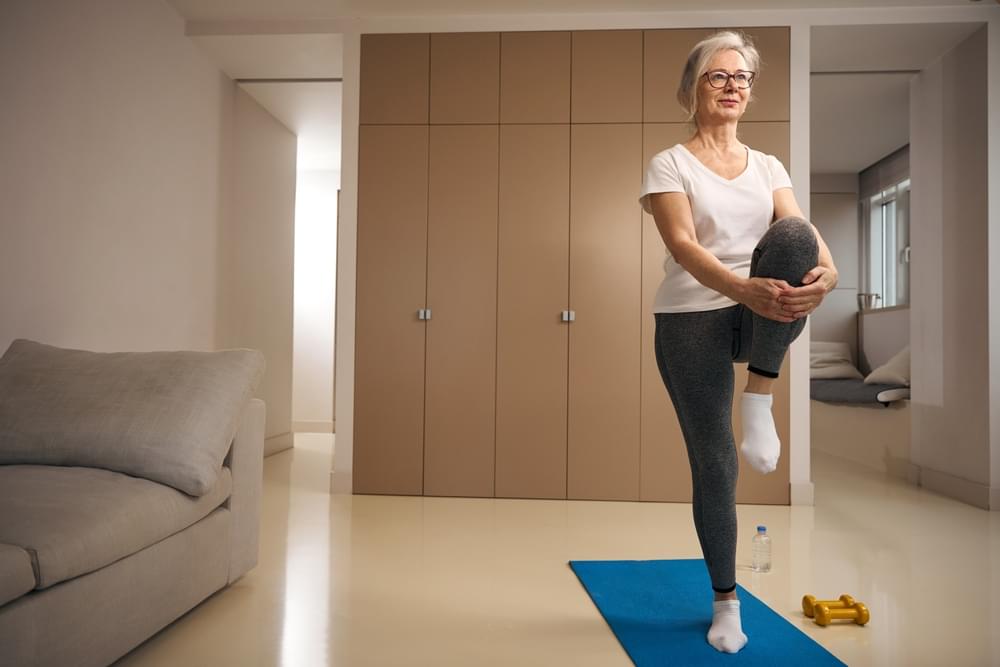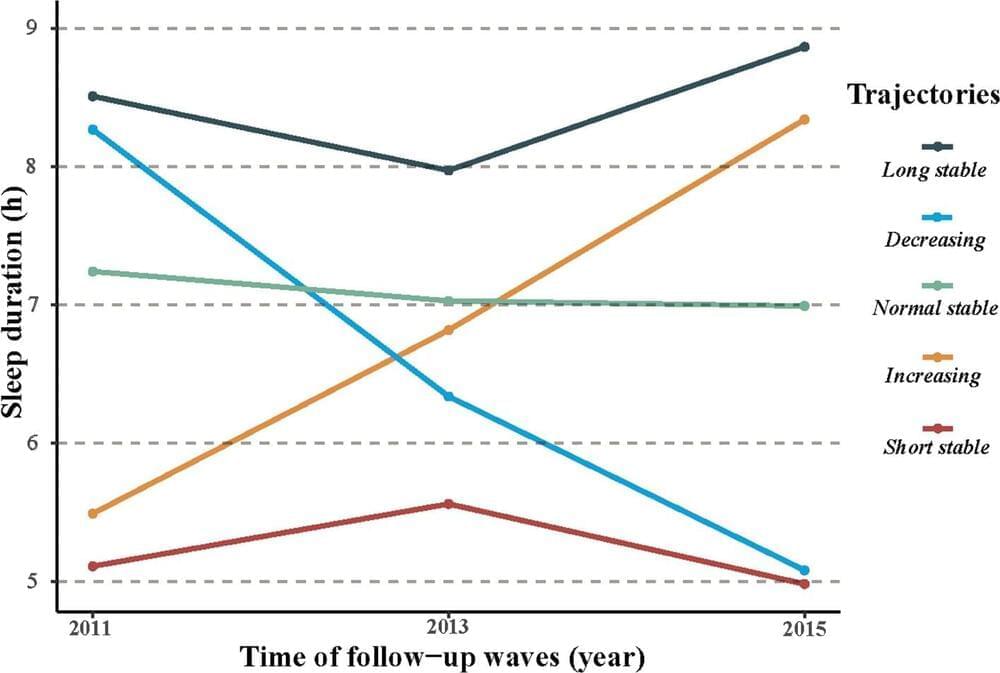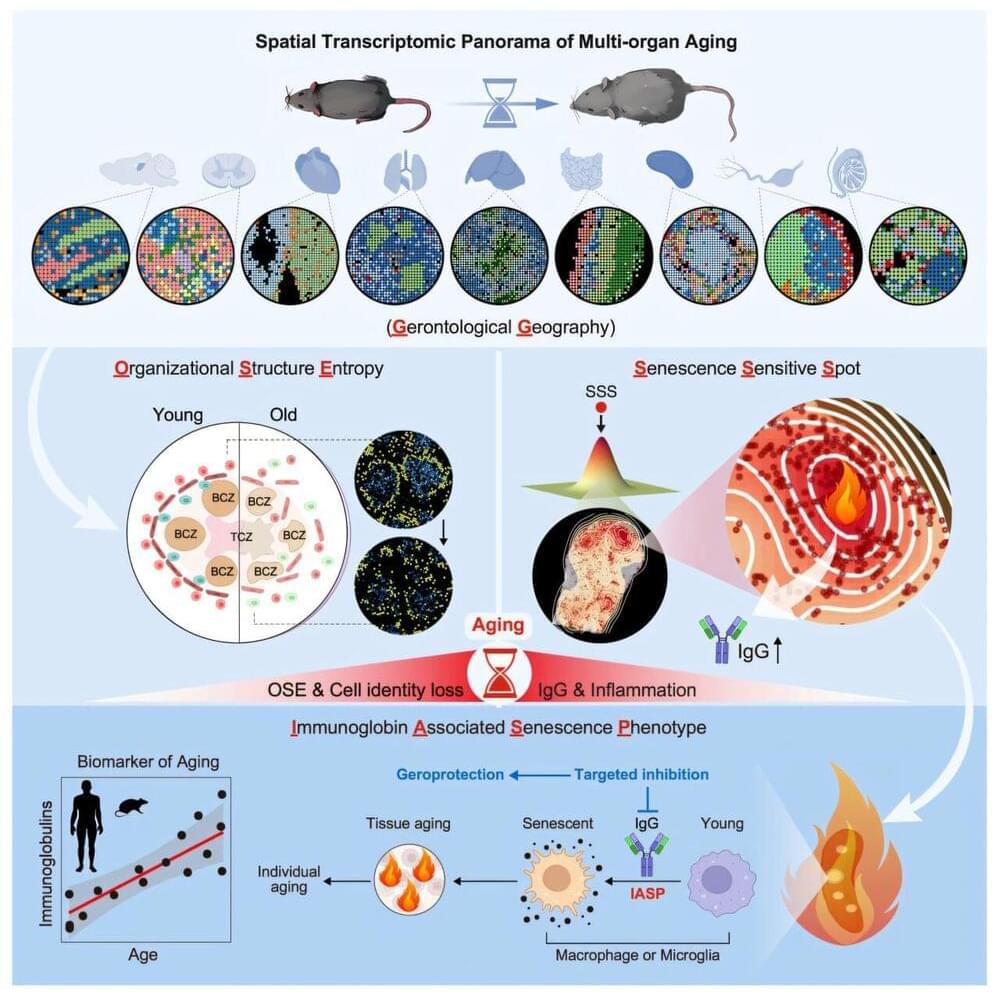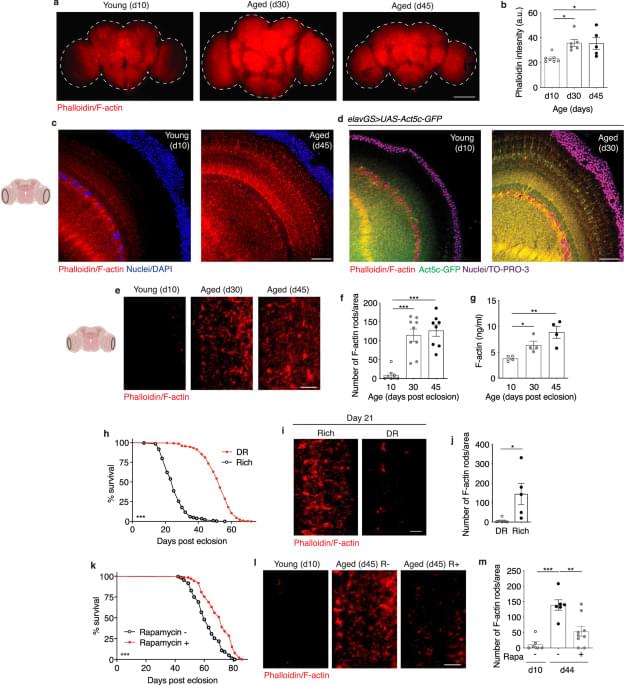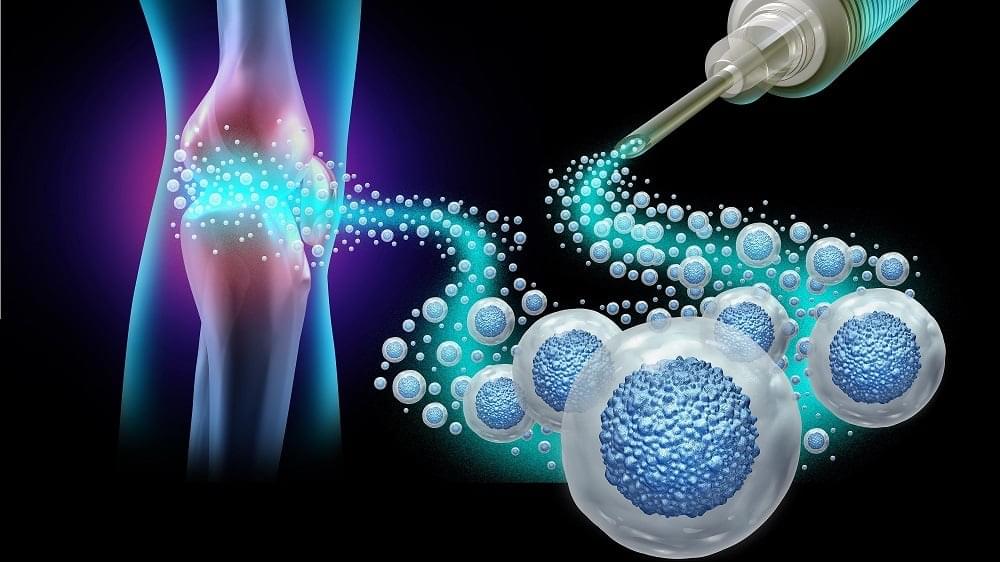Abstract. Type H vessels have been proven to couple angiogenesis and osteogenesis. The decline of type H vessels contributes to bone loss in the aging process. Aging is accompanied by the accumulation of advanced oxidation protein products (AOPPs). However, whether AOPP accumulation is involved in age-related decline of type H vessels is unclear. Here, we show that the increase of AOPP levels in plasma and bone were correlated with the decline of type H vessels and loss of bone mass in old mice. Exposure of microvascular endothelial cells to AOPPs significantly inhibited cell proliferation, migration, and tube formation, increased NADPH oxidase activity and excessive reactive oxygen species generation, upregulated the expression of vascular cell adhesion molecule-1 and intercellular cell adhesion molecule-1, and eventually impaired angiogenesis, which was alleviated by redox modulator N-acetylcysteine and NADPH oxidase inhibitor apocynin. Furthermore, reduced AOPP accumulation by NAC treatment was able to alleviate significantly the decline of type H vessels, bone mass loss and deterioration of bone microstructure in old mice. Collectively, these findings suggest that AOPPs accumulation contributes to the decline of type H vessels in the aging process, and illuminate a novel potential mechanism underlying age-related bone loss.
